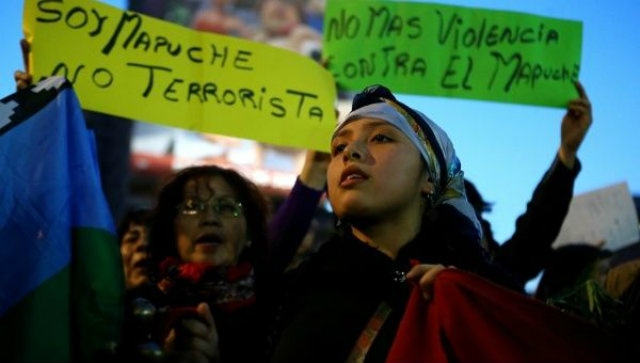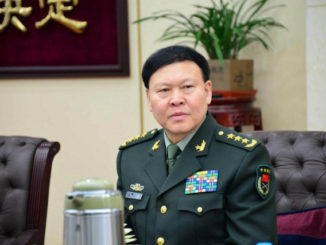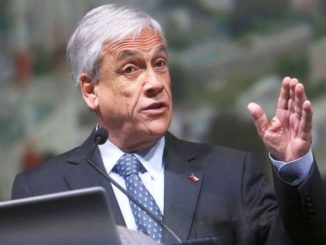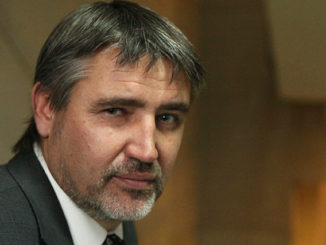
SANTIAGO – Chile’s Supreme Court on Friday ordered immediate release of eight Mapuche leaders who were detained and put under preventive imprisonment since Sept. 23.
The activists, to be released are Héctor Llaitul, his son Ernesto Llaitul, Claudio Leiva, David Cid, Fidel Tranamil, Martín Curiche, and the brothers Jaime and Rodrigo Huenchullán Cayul, were accused under a terrorist law inherited from Gen. Augusto Pinochet’s dictatorship.
The judges unanimously granted a request of legal protection (habeas corpus) presented by the activists’ lawyers. The decision was grounded on the lack of evidence proving their participation in arson, said Judge Milton Juica, spokesperson for the Supreme Court, to reporters.
U.N. experts urge Chile not to use anti-terrorism law against Mapuche
Two weeks ago, the protection measure was rejected by Temuco’s Appeal Tribunal.
Chile’s Attorney General Jorge Abbott said “we will move forward with our investigation and will present again, if necessary, a request for preventive prison.”
He also denied that the supreme court’s ruling represented a blow for the Public Ministry, saying this was “not a failure at all, this is merely a formal issue of a judicial resolution.”
Indigenous Peoples’ Day: Multiple arrests as police break up Día de la Raza rally
The Mapuche activists are accused of leading various arson attacks in August and burning an evangelical church in the regions of Biobío, La Araucanía and Los Ríos, where conflicts over their ancestral lands against private companies have been the most intense. They claim they are innocent.
Chile’s Mapuche prisoner ends hunger strike after 118 days
Meanwhile, the four Mapuche brothers Trangol are still detained in preventive prison in a Temuco jail over similar accusations — burning a church in La Aracaunia, although the government eventually accepted to drop the “terrorist” charges against them so they would stop their 115-day hunger strike.
However, Ariel Trangol has refused to feed himself until the Public Ministry would accept removing the measure of preventive prison.



